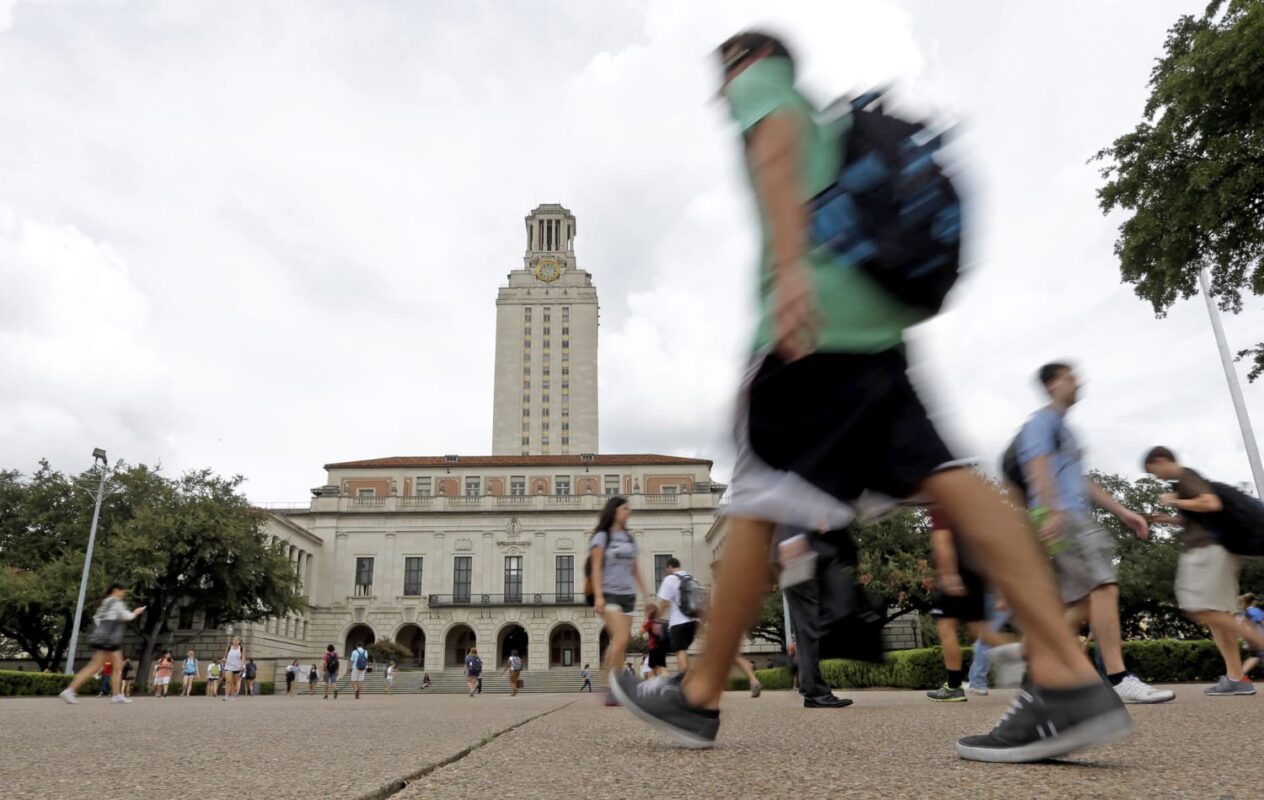The state of Texas has recently made headlines with its controversial decision to prohibit Diversity, Equity, and Inclusion (DEI) programs in public institutions, including higher education and government agencies. While proponents argue that the move is aimed at fostering neutrality and preventing “woke ideologies” from influencing policy, critics view it as an overt attack on efforts to address systemic inequities and create inclusive environments. By turning injustice into law, Texas sends a chilling message: the pursuit of fairness and inclusion is unwelcome within its borders.
The Ban on DEI Programs
In June 2023, Texas Governor Greg Abbott signed Senate Bill 17 (SB 17), effectively banning public colleges and universities from establishing offices or employing staff focused on DEI. The law also restricts training programs that aim to raise awareness about bias, privilege, or systemic racism. This legislation is part of a broader wave of anti-DEI measures seen in conservative-led states, signaling a concerted effort to curtail initiatives designed to address inequities.
The Justifications vs. Reality
Supporters of the ban argue that DEI programs foster division and prioritize identity over merit. They claim that these initiatives are a form of “reverse discrimination,” where individuals are allegedly judged based on their race, gender, or other characteristics rather than their qualifications.
However, this narrative ignores the reality of systemic barriers faced by historically marginalized groups. DEI programs are not about creating special privileges but about leveling the playing field, ensuring equal access to opportunities, and fostering environments where diverse perspectives are valued. By prohibiting these efforts, Texas undermines the very principles of fairness and opportunity it purports to uphold.
The Impact on Education and Workforce Diversity
The prohibition of DEI programs has far-reaching consequences for Texas’s public institutions and workforce. In higher education, DEI offices have played a critical role in supporting underrepresented students, faculty, and staff. From organizing mentorship programs to offering bias training and cultural competency workshops, these initiatives have been essential in creating inclusive campuses.
Without these programs, marginalized groups may face increased barriers to success, and the lack of institutional support could deter prospective students and employees from coming to Texas. The absence of DEI also risks alienating businesses and organizations that value diversity as a cornerstone of innovation and competitiveness. As a result, the state may find itself at a disadvantage in attracting top talent and maintaining a thriving economy.
Institutionalized Injustice
The elimination of DEI programs reflects a broader pattern of institutionalizing injustice. By prioritizing the comfort of those resistant to conversations about privilege and inequality over the needs of marginalized communities, Texas has codified a form of systemic exclusion. This approach effectively denies the lived experiences of discrimination faced by many Texans and perpetuates the inequities DEI initiatives aim to address.
Moreover, the prohibition sets a dangerous precedent for silencing conversations about diversity and inclusion. When efforts to challenge systemic inequities are framed as “political indoctrination,” the ability to acknowledge and address societal problems is severely hampered. This creates a climate of fear and complacency, where speaking out against injustice becomes a risk rather than a responsibility.
The Road Ahead
While Texas has taken a step backward by banning DEI programs, the fight for equity and inclusion is far from over. Advocacy organizations, civil rights groups, and individuals committed to social justice must continue to push back against these regressive policies. Education and awareness about the importance of DEI can help counteract the misinformation fueling such bans.
Ultimately, the prohibition of DEI in Texas highlights a fundamental tension between progress and resistance. By choosing to suppress efforts that address inequities, Texas has aligned itself with a status quo that benefits the privileged few at the expense of the many. Until this injustice is confronted, the principles of diversity, equity, and inclusion will remain a distant ideal rather than a lived reality for all Texans.
Injustice should never be the law, but in Texas, it currently is. The question remains: how long will this remain the case, and who will bear the cost of this inequity?

